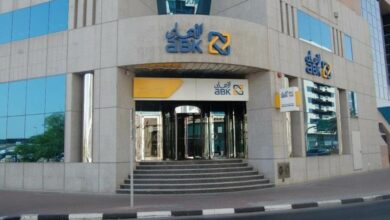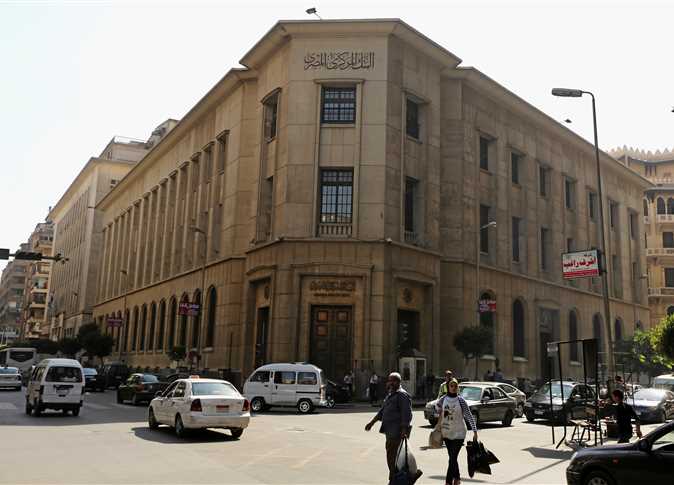
The US dollar continued its rise against the Egyptian pound in the banks for the second consecutive day on Monday, with the US currency jumping over LE18 at Export Development Bank of Egypt (EBE).
EBE's website shows it sold US dollars at LE18.05 this morning, which was the highest rate found in banks, while buying at LE17.45.
Banque Misr is selling US dollars at LE17.71, while buying at LE17.41; Arab African International Bank (AAIB) is selling US dollars at LE17.74, buying at LE17.44; and the National Bank of Egypt (NBE) is selling US dollars at LE17.7, and buying at LE17.4.
The pound was trading at between LE17.25 and LE17.75 against the dollar on Sunday, after closing at about LE16.05 on Saturday.
Egypt floated the pound on 3 November and raised interest rates by 300 basis points in a dramatic move welcomed by businesses as the key to unlocking investment.
It devalued the currency by about a third from the former peg of 8.8 against the dollar and allowed it to drift lower.
Egypt's dollar peg had drained the central bank's foreign reserves, hit by reduced foreign investment following political turmoil in the past few years, forcing the central bank to impose capital controls and ration dollars.
The US dollar scarcity then prompted desperate importers to turn to a burgeoning black market, where the dollar at one point fetched more than twice its official value.
A severe shortage of dollar liquidity when markets opened for the first time after the float resulted in low volumes and the pound weakening to 18 versus the dollar.
The currency strengthened to about 15.50 after it became clear that the International Monetary Fund would approve Egypt's US$12 billion lending programme to support government reforms.
Since the float, more companies have gone to the banks for their dollars, leaving them scrambling for funds, while a lack of liquidity means interbank trading got off to a slow start.
Banks have focused on buying up dollars from the informal sector and supplying them to clients, rather than selling them on the interbank market.




